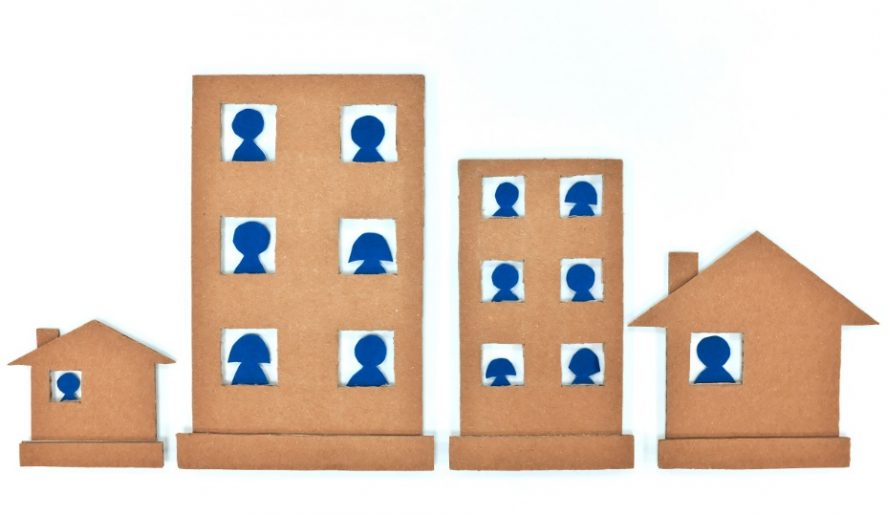The average asking rent for vacant units in Canada shot up 10.8 per cent from a year ago, according to March data from Rentals.ca and Urbanation. Average asking rents were up 1 per cent month over month (the first monthly increase since November) pushing the year-over-year percentage growth back into double digits.
“Spring arrived with a highly competitive rental market in Canada, driven by a record population increase of over 1 million people in the past year and low homeownership affordability after last year’s spike in interest rates,” said Shaun Hildebrand, president of Urbanation. “With supply unable to keep up with current levels of demand, expect further upward pressure on rents in the coming months.”
Toronto finished second on the list of most expensive cities for March, where average rent for a one-bedroom unit came in at $2,506 and $3,286 for a two-bedroom. Year over year this represents an increase of 22.2 per cent and 19.7 per cent respectively.
For the second straight month, Calgary had the fastest increasing rents among Canada’s largest cities in March for condominium rentals and apartments. Rents rose 24.9 per cent year over year to $1,890.
The March data shows that Vancouver remains the most expensive rental market in Canada, where annual rent growth reached 18.7 per cent to $3,146 for all property types. Meanwhile, average rents in Ottawa, Edmonton and Montreal increased 15.4 per cent, 11.2 per cent and 10.9 per cent respectively for both condo rentals and purpose-built apartments.
Rents by province
Nova Scotia average rents rose 20.8 per cent annually to $2,167 for condo rentals and apartments, taking top spot for fastest growth among the provinces in March. Ontario followed with average rents up 17.1 per cent year over year to $2,401 for both purpose-built and condominium apartments.
Alberta and British Columbia had nearly identical annual rent increases of 13.4 per cent and 13.2 per cent respectively for condo rentals and apartments. Alberta’s average rent in March was $1,461, while British Columbia reached the highest of all the provinces at $2,541.
In Manitoba, average rent rose 12.6 per cent to $1,463 in March while Quebec rents were up 12.2 per cent to $1,839.
Other takeaways:
- Private room and shared-accommodation rentals have gained popularity as rents have soared over the past year. The average asking rent for single room rentals in Canada was $834 in March, with the highest rents averaging $1,053 in British Columbia and $934 in Ontario. In Vancouver and Toronto, single room asking rents averaged $1,410 and $1,309, respectively.
- Average rents for purpose-built and condominium apartments increased 10.9 per cent year-over-year and 1.5 per cent month over month to an average of $1,937 in March. For the second straight month, two-bedroom average rents increased the fastest, up 10.7 per cent annually to $2,127, while one-bedroom average rents also saw double-digit annual rent growth, rising 10.1 per cent to $1,749. Average rents for three-bedroom units were up 6.8 per cent year over year to $2,402, while studio average rents increased 4.9 per cent to $1,395.
The National Rent Report charts and analyzes monthly, quarterly and annual rates and trends in the rental market on a national, provincial, and municipal level across all listings on the Rentals.ca Network for Canada. The newly released March data includes single-detached homes, semi-detached homes, townhouses, condominium apartments, rental apartments and basement apartments.





